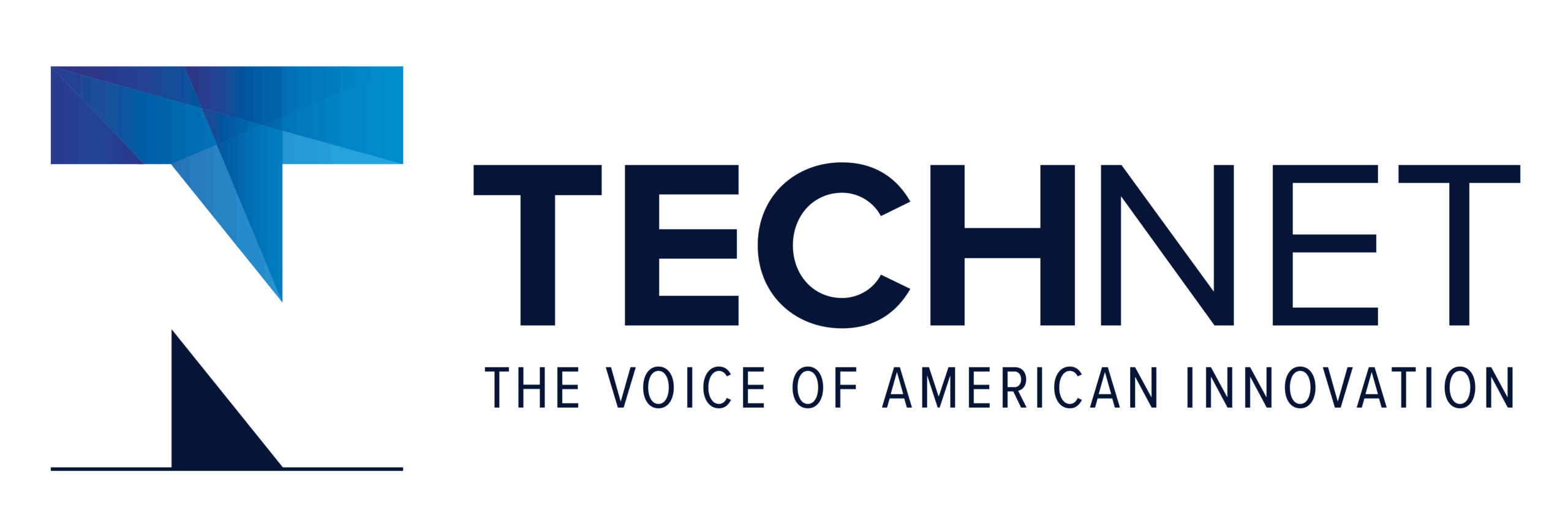The United States is the global leader in developing and deploying innovative technologies. The high-tech economy is a vital component of U.S. economic competitiveness and future growth. It is imperative that the administration and Congress recognize and promote our economy’s innovative strengths and pursue a pro-growth trade agenda that produces economic growth, creates jobs, benefits consumers, strengthens U.S. competitiveness, and stands up for U.S. economic interests abroad. Maintaining and strengthening the rules-based global trading system, including through strong digital trade provisions, will ensure that American businesses and workers are able to compete fairly in the global marketplace, pursue global market opportunities, and is a critical component of strengthening supply chain resiliency.
The United States must also stand against discriminatory and unfair trade practices that target U.S. firms. The United States can improve market access for the technology sector by developing and cultivating strong relationships with our international trading partners, leading efforts to shape global trade rules, upholding digital trade, and avoiding unilateral tariffs and trade wars that hurt American consumers, workers, and businesses of all sizes, and are ineffective at changing unfair and discriminatory trade practices that distort the global economy.
TechNet puts forward the following policy recommendations:
- Congress and the administration should work to advance comprehensive trade negotiations and agreements with willing partners in bilateral frameworks and plurilateral frameworks while ensuring that U.S. free trade agreement partners continue to comply with commitments made under existing trade agreements. Congressional support for these endeavors is crucial.
- International trade agreements should create regulatory certainty, reduce barriers to markets for digitally delivered and other information-technology oriented goods and services, promote the free flow of data across borders, contain “safe harbors” against intermediary liability, and include strong protections for intellectual property.
- Recognizing the administration’s national security objectives, TechNet supports a stable, consistent tariff policy that ensures market access and free flow of goods and services. Reliance on tariffs (reciprocal tariffs and Section 232 tariffs, among others) as a measure to seek short term, non-binding trade agreements contributes to a permanent state of uncertainty and should be limited and fact-dependent. In addition, finding an effective conclusion to the trade war with China should lead to the removal of the harmful Section 301 tariffs that raise prices for American consumers. At the same time, the United States must reassert global leadership on trade policy to curb China’s discriminatory practices by leveraging the combined market power of our international partners and allies, especially with respect to critical and emerging technologies and market access, which means the United States should limit the use of broad, unilateral tariffs on information technology products from those same partners and allies. Finally, all of this should be done with a view toward minimizing and managing potential supply chain disruptions that harm American innovation and leadership.
- It is imperative that the Indo-Pacific Economic Framework includes quality digital trade standards, supply chain diversification and resiliency improvements, and strong investor protections, especially as China’s influence grows in the region and throughout the world.
- Develop a balanced approach to export and import controls that effectively protects critical national security interests while enabling export of U.S. technology to ensure continued U.S. global competitiveness.
- The United States should push back against discriminatory measures that target U.S. tech firms. The United States should also work to prevent and reverse the adoption of discriminatory regulatory and tax policies, such as Digital Service Taxes which target or otherwise disproportionately impact certain companies or business models. At the same time, the administration should work closely with Congress to enact measures such as a federal privacy law that will influence global policy and trade decisions affecting U.S. companies in relation to the cross-border flow of data and use of data for existing and future critical and emerging technologies.
- Given the impact of government-restricted lists on the supply chain, the technology sector would benefit from greater transparency into the process of how and what agencies consider in producing such lists, including the criteria used to determine what constitutes a threat and which specific companies have been identified. It is critical to strike the right balance of combating legitimate threats without making overly broad changes that could have unintended consequences of putting American companies at a disadvantage and emboldening our foreign competitors. Any restrictions impacting the supply chains for critical and emerging technologies must have a sufficient phase-in period to allow for American businesses to make needed transitions in ways that minimize disruptions and negative consequences.
- Congress and the administration should pursue customs modernization and open payment systems that support-e-commerce and digital trade flows, particularly by small- and medium-sized enterprises (SMEs).
- To further facilitate trade and bring customs relief to small businesses and consumer sellers, the administration should restore the $800 de minimis threshold and work with Congress to avoid undue burdens on global commerce. Moreover, Congress and the administration should identify use cases that have faced particular challenges following the elimination of the de minimis threshold, including the importation of used goods and the importation of goods that were made in the U.S. Finally, Congress should ensure that U.S. Customs & Border Protection has the resources and technology it needs to protect consumers and enforce U.S. laws.
- The United States must exercise strong leadership at the World Trade Organization (WTO). U.S. representatives should seek to further trade liberalization via the WTO, including reductions in tariff and non-tariff barriers to information, communications, and advanced energy technology products, services, and investments. The United States should work to create market access opportunities by expanding the geographic scope and updating the product coverage of the WTO’s Information Technology Agreement (ITA) and should continue to push for the permanence of the WTO Moratorium on Customs Duties on electronic transmissions.
- Additionally, the United States must formally reverse its October 2023 announcement abandoning longstanding, bipartisan digital trade positions at the WTO, and resume its position as a global leader in advocating for prohibitions on forced data localization, tech transfer, and source code disclosure, while ensuring non-discriminatory treatment of digital products.
The U.S. Trade Representative should strongly assert its mandate to consult and coordinate with other Executive Branch agencies, while driving market-opening, and job-creating outcomes that drive economic growth.



